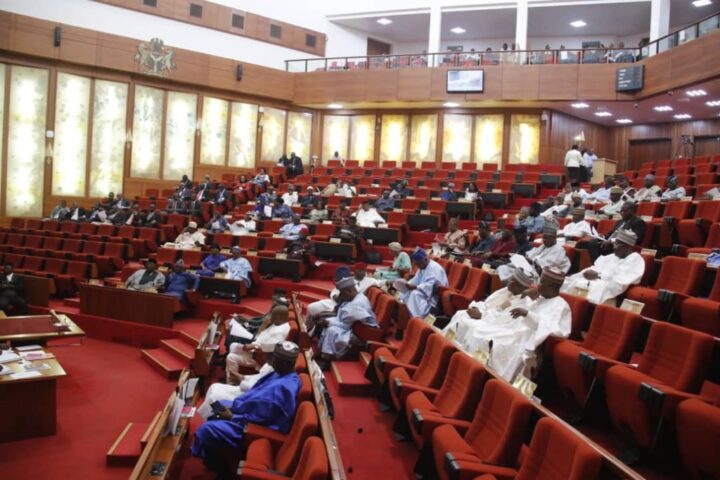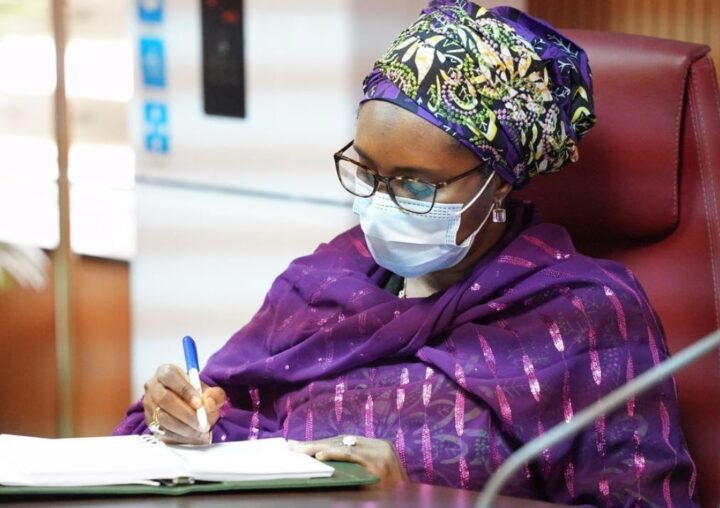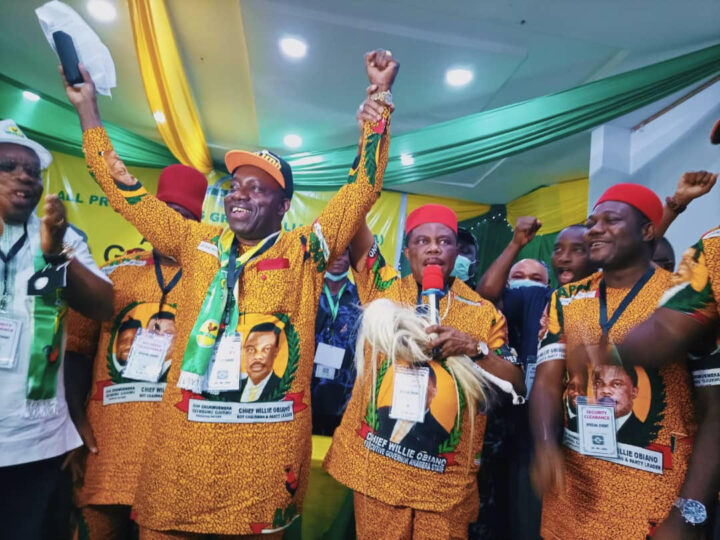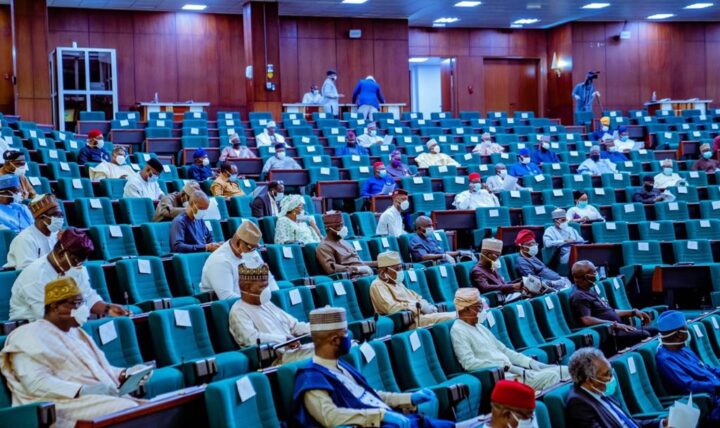On Tuesday, the senate approved the direct primary mode for political parties in picking their candidates for elections.
The provision was made after the upper legislative chamber reconsidered four clauses in the electoral act amendment bill on Tuesday.
In July, the senate passed the legislation and empowered the Nigerian Communications Commission (NCC) to determine the electronic transmission of election results.
It was forced to reconsider the provision and some other clauses in the bill after a backlash.
Advertisement
While moving a motion to rescind the earlier decision of the upper legislative chamber on Tuesday, Yahaya Abdullahi, senate leader, said there are fundamental issues that needed to be addressed in the legislation.
“Desirous of the need to address the observations by the committee and make necessary amendments; and relying on order 1(b) and 53(b) of the senate standing order,” Abdullahi said.
The senate subsequently passed the amended bill.
Advertisement
In the build-up to the 2019 general election, political parties considered between direct and indirect primary polls in picking their candidates.
For instance, the APC approved both direct and indirect primary mode for different states across the country.
This helped to mitigate the issues arising from the exercise as the stakeholders in those states chose methods that best fit their political terrains.
DIRECT PRIMARY AND CONCERNS
Advertisement
The direct primary mode of picking candidates is where every member of a party participates by voting. This is in contrast to the indirect primary system where voters pick delegates who will then choose the candidate(s).
While the senate debated clause 87, Enyinnaya Abaribe, senate minority leader, expressed concerns over the provision of compulsory direct primaries for all political parties in the country.
Abaribe said parties should be allowed to adopt what suits them, adding that not all of them have the “capacity” to undertake a direct primary poll.
“The original situation was that the party was left with choices to determine what suits them,” he said.
Advertisement
“Not all parties have the capacity to do direct primaries. I think we may have to leave it open.”
Most of the lawmakers who contributed to the debate spoke in support of the clause. The provision was passed after it was put to a voice vote.
Advertisement
Commenting on the clause, Bukola Saraki, former president of the senate, said the provision may “clog our electoral process”.
“The two options on the table are to make direct primaries compulsory for all the parties or to leave it open for parties to decide. We should take the latter option. Let us leave each party to decide how it wants to source its candidates,” Saraki said in a statement.
Advertisement
“The experience we have in the past shows that direct primary will lead to a crisis if forced on the parties.
“We saw how people sent from the national headquarters to conduct primary elections stayed in hotel rooms and conjured up figures which were announced as the result of direct primary elections.”
Advertisement
MERIT AND DEMERIT
The direct primary system seems to be preferred because every member of a political party has a say in picking the candidate that will fly their flag at any election. Some see this method as more “democratic” as against the indirect primary method.
Also, direct primary method is seen as transparent because it gives some form of credibility to the process and does not supposedly allow the governor of any state or a “strong politician” hijack the process.
Like Abaribe said, only some political parties could afford the resources to conduct a direct primary exercise.
Resources aside, direct primary is time consuming because every vote has to be counted before a candidate is chosen. In cases where the party has a large membership, the process could be cumbersome and flawed.
This could cause protracted litigation at the courts.
Another challenge is that political parties do not have comprehensive membership registers and this opens up the direct primary system to the manipulations of “strong men”.
DIRECT PRIMARY SYSTEM A GAME CHANGER?
The issues raised earlier about direct primaries may compound the existing problems — defeating the aim of promoting internal party democracy.
Essentially, how well the system performs will be determined the players. A flawless system can be made flawed by flawed actors.
The Independent National Electoral Commission (INEC) will also need more funds to oversee direct primaries because it has to authenticate the process.
So, evidently it is cumbersome and not cost effective.
1 comments








Direct primary is the way to go where every member has a say anyone that any objection does not mean well for our democracy .All the issues against Direct primary can be resolved with technology FUUL STOP